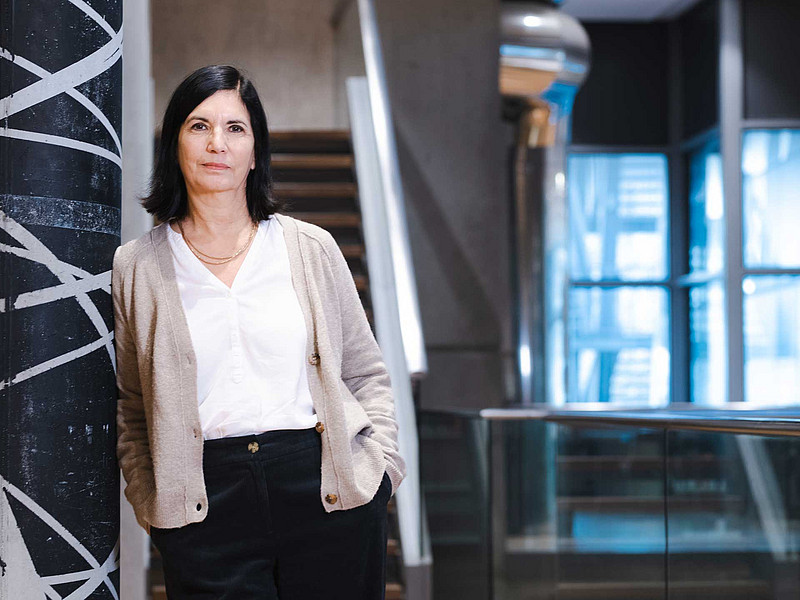Mission Statement
Consumers make contract decisions on an almost daily basis that bind them to consequences. Depending on the type of contract, bad decisions can be only slightly or very burdensome and can even endanger basic living conditions: e.g. over-indebtedness, loss of housing, health risks. But what leads people to make good or bad contractual decisions? And who or what protects them from bad decisions?
On the one hand, these are legal rules. But the decision-making process is much more complex than the EU and national legislators assume. They are still predominantly based on an unrealistic human model, the rational, comprehensively informed "homo oeconomicus". They use rules tailored to this model human being, which therefore fail in part to achieve their regulatory objective - the protection of consumers. This is where psychology and interdisciplinary "decision science" or "behavioral economics" come into play. Empirical studies show with increasing differentiation that human decision-making behavior depends on a variety of factors (e.g. emotions, biases and rules of thumb) and is not purely rationally controlled.

Companies have been using these research findings for decades to influence consumers accurately and thus increase their sales. The use of realistic psychological foundations for more effective state legislation and market regulation was first proposed almost 20 years ago by a field of research in the USA known as "behavioral law and economics". However, this research has still not really gained a foothold in Europe. We find this very regrettable and want to change this.
Our research group is attempting to develop a stable basis for the consideration of the findings of modern psychology in legislation in the area of consumer contract law, which is still little studied from an interdisciplinary perspective. The CLP project brings together researchers from the fields of psychology and law, which are supplemented by other disciplines, such as environmental systems science or economics, depending on the issue at hand. Methodologically, we build on the approach of "behavioral law and economics". Experiments are intended to show how consumers actually react to being influenced by legal rules and how they can be put in a more effective and accurate position to make good contractual decisions compared to the current legal situation. We therefore do not primarily want to adapt the consumer to the law, but rather the law to the consumer, taking into account the specific contract conclusion environment and situation.
CLP - Fields of research
Consumption of the future: "Active" and sustainable
Promotion of active participation in the energy market
Head of the CLP - Workgroup

Univ.-Prof. Mag. Dr.iur. LL.M. (Harvard) Brigitta Lurger
+43 316 380 - +43 (0)316 380 - 3313
Universitätsstraße 15 (D/IV), 8010 Graz
Do., 16:00 – 17:00 Uhr in ihrem Büro.
Please register by e-mail in advance.

Ao.Univ.-Prof. Dr.phil. Ursula Athenstaedt
+43 316 380 - +43 (0)316-380-5123
Universitätsplatz 2/III, 8010 Graz
Tue., 12.30 - 14.00